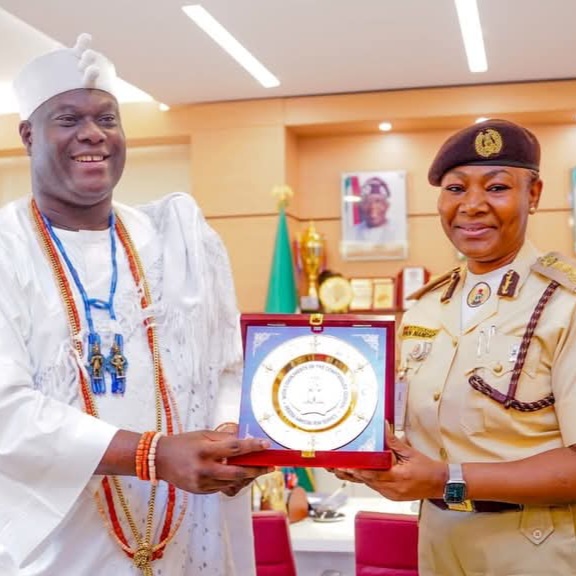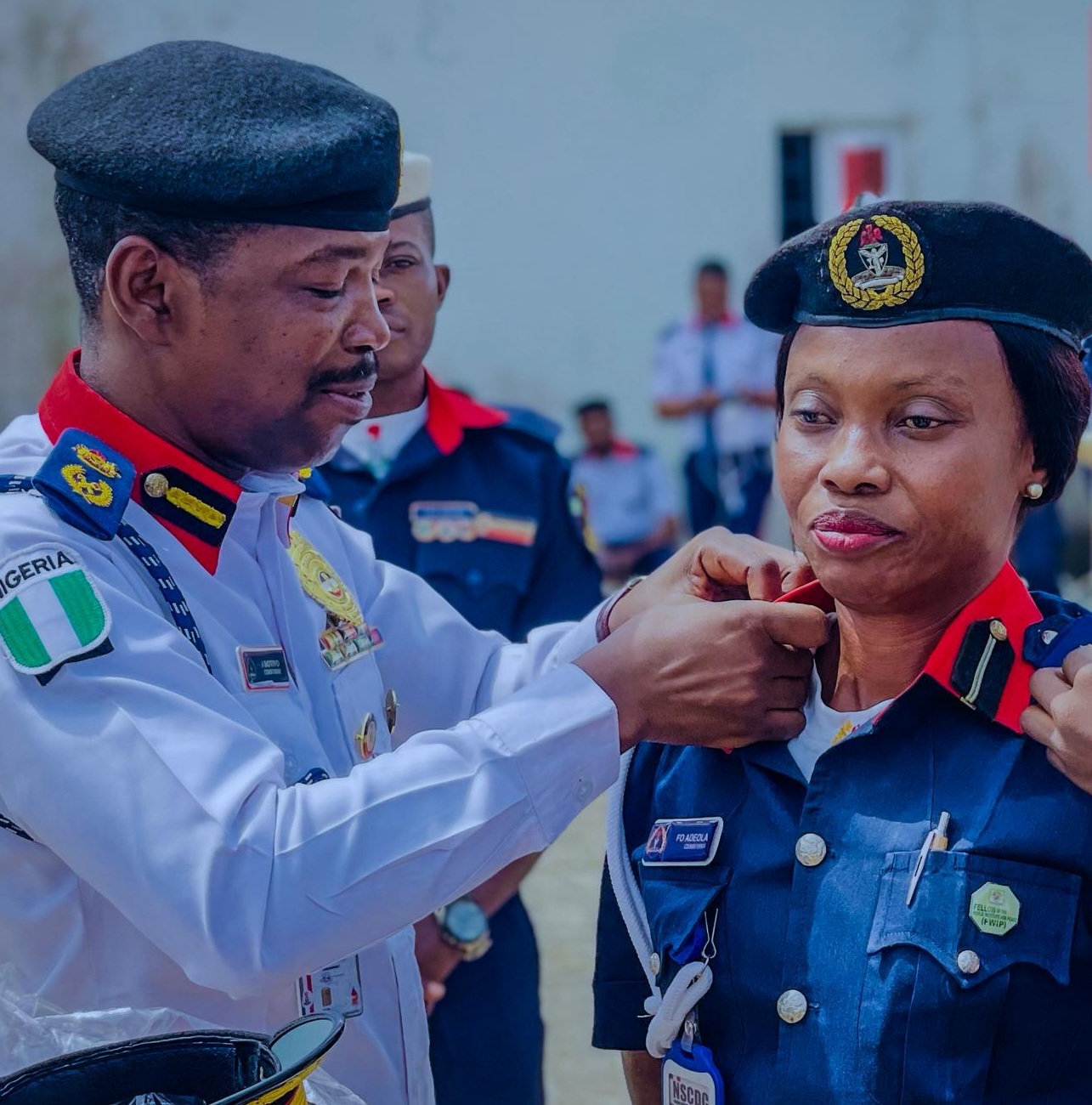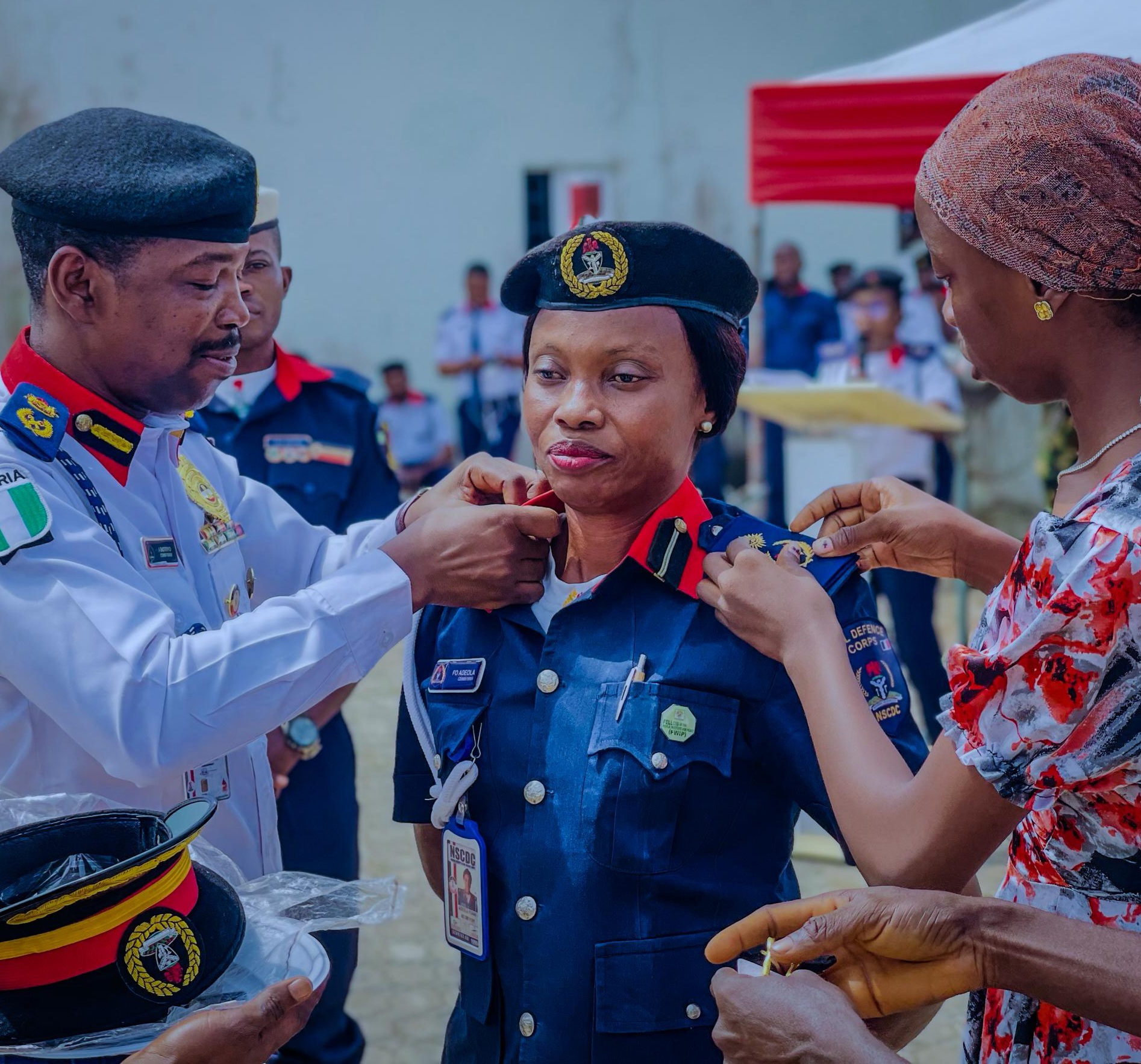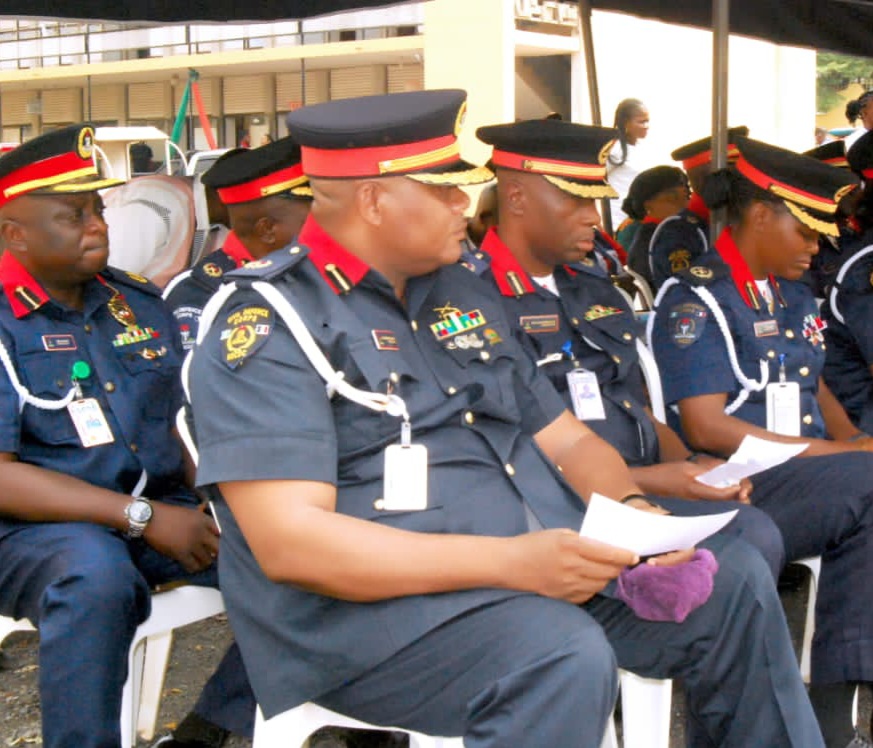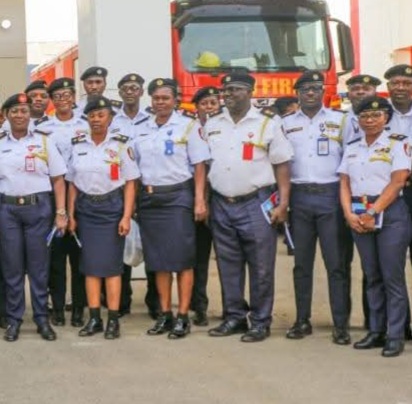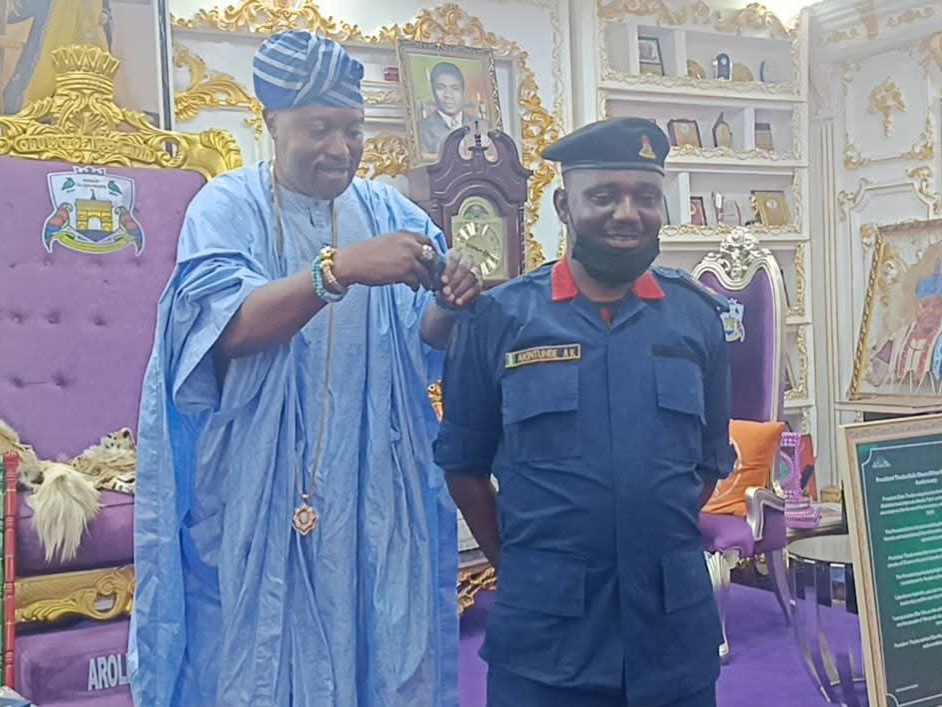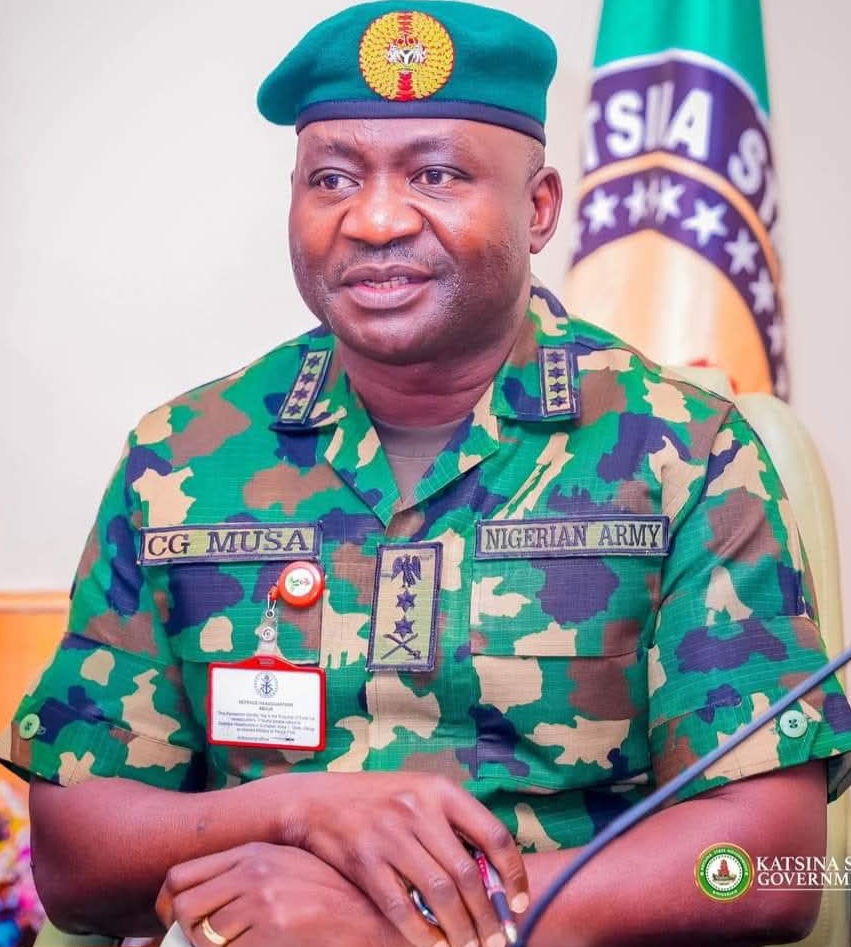
Pix: General Christopher Musa, Nigeria’s Chief of Defence Staff
By Isiaka Mustapha, CEO/Editor-in-Chief, People’s Security Monitor
In a country brimming with youthful energy, where over 55% of the population is under the age of 30, it is obvious that Nigeria’s future largely depends on how this vibrant generation connects with the institutions that uphold its strength and sovereignty. Despite this, military service continues to be overlooked and recklessly abandoned by many young Nigerians. Deep-seated stereotypes, fear of violence, and a poor grasp of the military’s modern-day purpose have all fueled this indifference. Now more than ever, there is an urgent need for a generational shift in perspective.
The Nigerian Armed Forces comprising the Army, Navy, and Air Force stand as pillars of national unity, professionalism, and institutional discipline. While the military’s traditional role is to defend the territorial integrity of the country, its functions have expanded significantly in recent years. From peacekeeping operations and humanitarian interventions to disaster relief, engineering support, and cyber defense, the military has become an essential actor in Nigeria’s development and security architecture.
Joining the military today is not simply a call to arms; it is a call to purpose. The soldier is no longer just a warrior, but also a peacebuilder, a technocrat in uniform, and a protector of constitutional order. Every young Nigerian who chooses this path contributes not only to national security but also to nation-building in its most fundamental form.
One of the biggest deterrents for young people remains perception. Many still view and misconstrue military service through a dated lens as a refuge for the unskilled or the desperate. But the reality is starkly different. Today’s Nigerian military is a technologically driven, intellectually demanding space that rewards education, innovation, and leadership. From cyber operations and unmanned aerial systems to logistics, engineering, and medical services, the armed forces offer career tracks as dynamic and diverse as any in civilian life.
Institutions like the Nigerian Defence Academy and the Defence Headquarters have made significant investments in modern training, leadership development, and global best practices. Military personnel now routinely undergo international training, participate in United Nations peace missions, and deploy in multidisciplinary teams that include engineers, medics, and IT specialists. These are spaces that demand the brilliance, creativity, and commitment of Nigerian youth.
In a culture increasingly shaped by instant gratification and material pursuits, military service offers something deeper: purpose, structure, and honour. It instils discipline, fosters leadership, and presents opportunities for selfless service. Beyond the tangible benefits of healthcare, housing, pensions, and global exposure, the military remains one of the few institutions where service to the nation takes precedence over self-interest. In many communities across Nigeria, it is not the businessman or politician who commands the highest respect, but the uniformed officer who risks life and comfort for the collective safety and welfare of the people.
Nigeria’s multifaceted security challenges ranging from terrorism in the Northeast to piracy in the South, and from separatist agitations to cross-border banditry require soldiers who are not only tactically trained but also intellectually equipped to navigate complexity. The battlefront is no longer just in the forests or creeks; it is also in cyberspace, in community relations, and in strategic policymaking.
For the youth who desire change, the military offers a platform to lead from within. By joining, they gain the moral and institutional authority to shape security policy, advocate for reforms, and uphold human rights in practice. To reshape the military, the youth must first become part of it.
Globally, countries that have weathered existential threats have done so on the shoulders of their youth. From the disciplined conscription in Israel and South Korea to the volunteer traditions in the United States and Rwanda, young people understand that national security is not a distant duty but a shared responsibility. Nigeria can be no exception.
Understandably, distrust and fear have coloured perceptions of military service in Nigeria. But patriotism calls for courage, not comfort. The Nigerian military is not merely a battleground; it is a crucible of leadership, nationhood, and transformation. It is where citizens become guardians of the republic.
By Isiaka Mustapha, CEO/Editor-in-Chief, People’s Security Monitor
08055001816
Email: pressgallery2013@gmail.com

